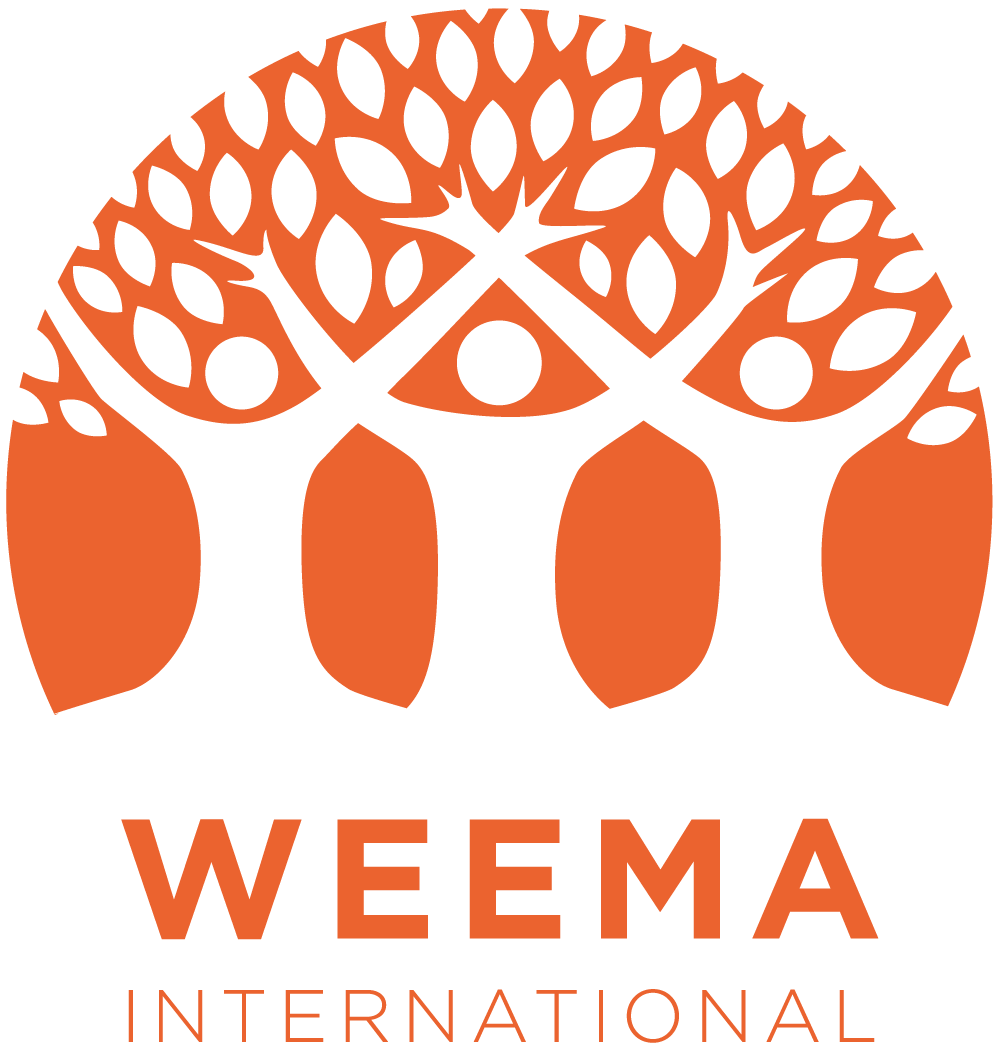
“I used to struggle what to do with the water I carry from the river because the demand for water at home was not equal with what we had, but now I can get water any time.”
“Now thanks to WEEMA Community Led Total Sanitation and Hygiene (CLTSH) promotion work we understand the benefit…and my family is protected from disease which will be caused due to poor sanitation and hygiene practice.”
Water System Construction

“Now I can get water any time to wash clothes, clean my house and bathe my children.”
In Ethiopia today, millions of people in small rural communities lack safe drinking water in their homes and even in their villages. While the Ethiopian government has made improvements, only 26% of rural Ethiopians have access to safe drinking water. This is at once a health, an economic, and a gender issue. The responsibility of fetching water from many kilometers away falls on girls and women, who spend countless hours collecting water - hours they lose for their education, their work outside and inside the homes, and their leisure.
Ending this cycle with improved water access is one of WEEMA’s central priorities. We have constructed and refurbished water systems to provide clean water and trained local water committees to manage these systems. Our water work continues to expand the number of people with reliable access to safe water.
Key Indicators
74,274
people with access to clean water from water systems constructed and/or rehabilitated by WEEMA
48
water points constructed or rehabilitated by WEEMA
Related blogs
Trained 250 members of 64 water management committees to knowledgeably use and maintain water systems on their own.
Sanitation & Hygiene

More than two-thirds of Ethiopia’s population lacks access to clean sanitation facilities such as toilets or latrines. This endangers the health of adults and especially of children, for whom acute diarrheal disease is a leading cause of death.
WEEMA is helping to close these gaps by building latrines and promoting hygienic practices in public schools, libraries, and other public spaces. Alongside the construction of facilities, WEEMA also provides sanitation education to health extension workers and community leaders, who help to disseminate to the community the links between hygiene and handwashing and disease prevention.
Key Indicators
187
community leaders trained to promote and educate on good sanitation and hygiene practices
227
latrines WEEMA constructed directly or provided materials for










